- herniated disc or prolapsed disc
- spinal stenosis
- degenerative disc disease or bone spurs
- osteoarthritis
- whiplash
- facet syndrome
- fibromyalgia
Lets say you have neck pain and were diagnosed with a herniated disc. That's great information to have, but it doesn't tell you what caused the herniated disc. You can treat the herniated disc, but if you don't find and fix the underlying cause of the herniation you're just kicking the bucket down the road.
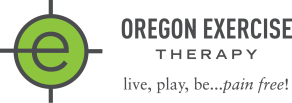



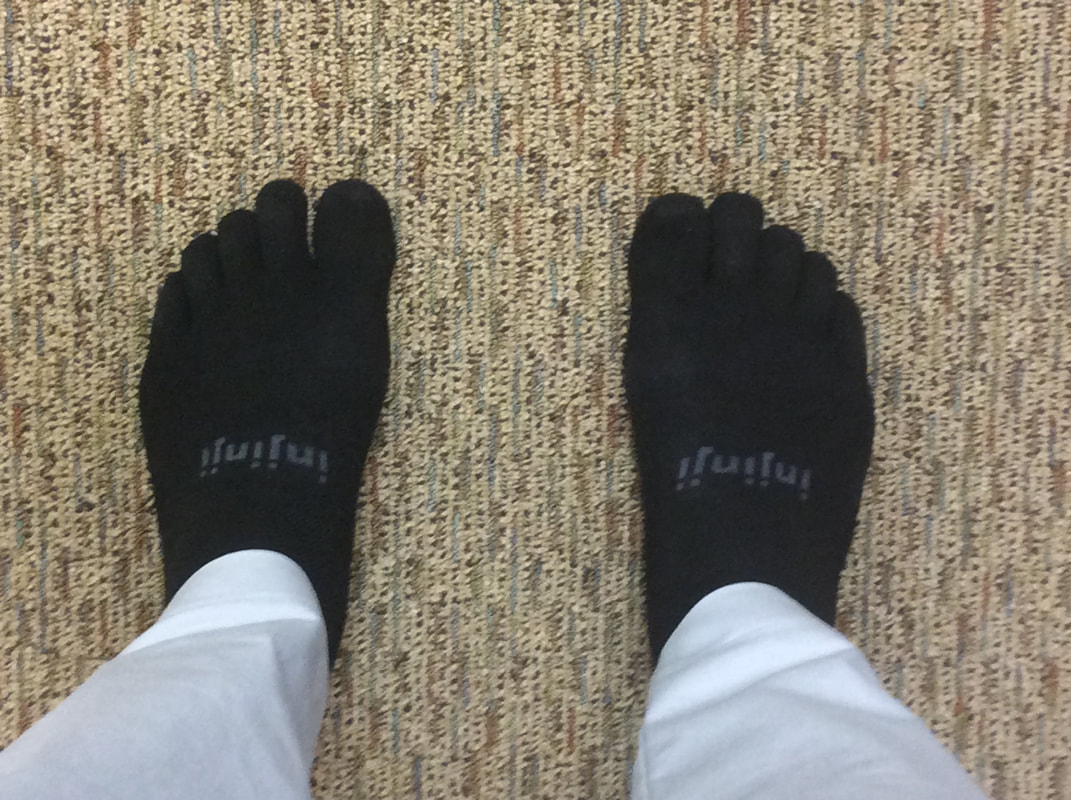






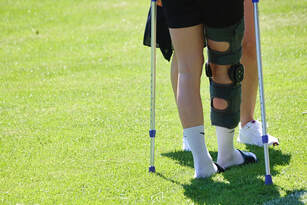
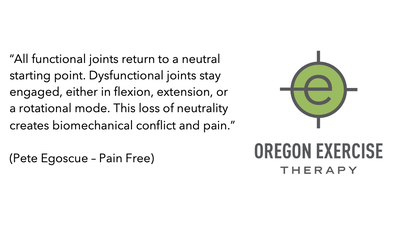
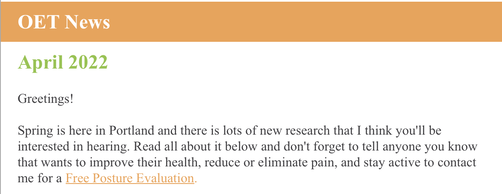
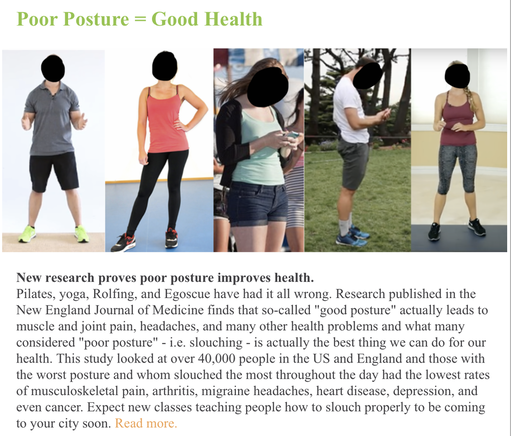
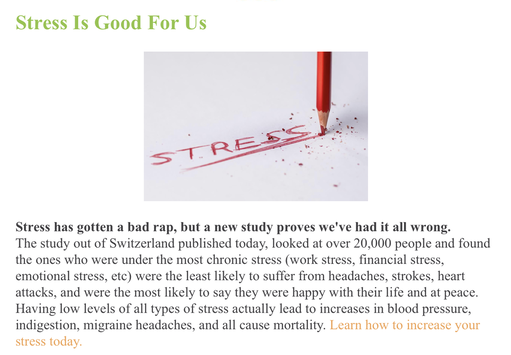
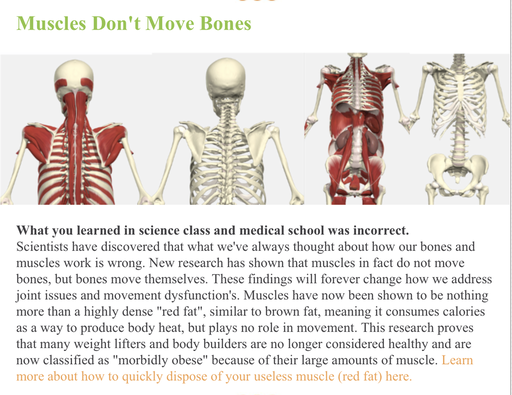
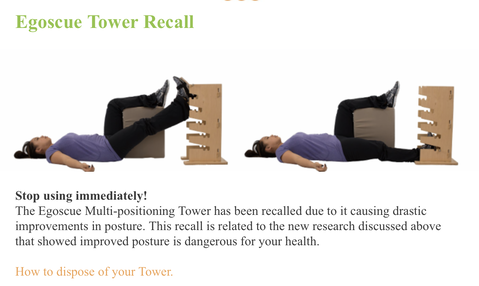

 RSS Feed
RSS Feed
